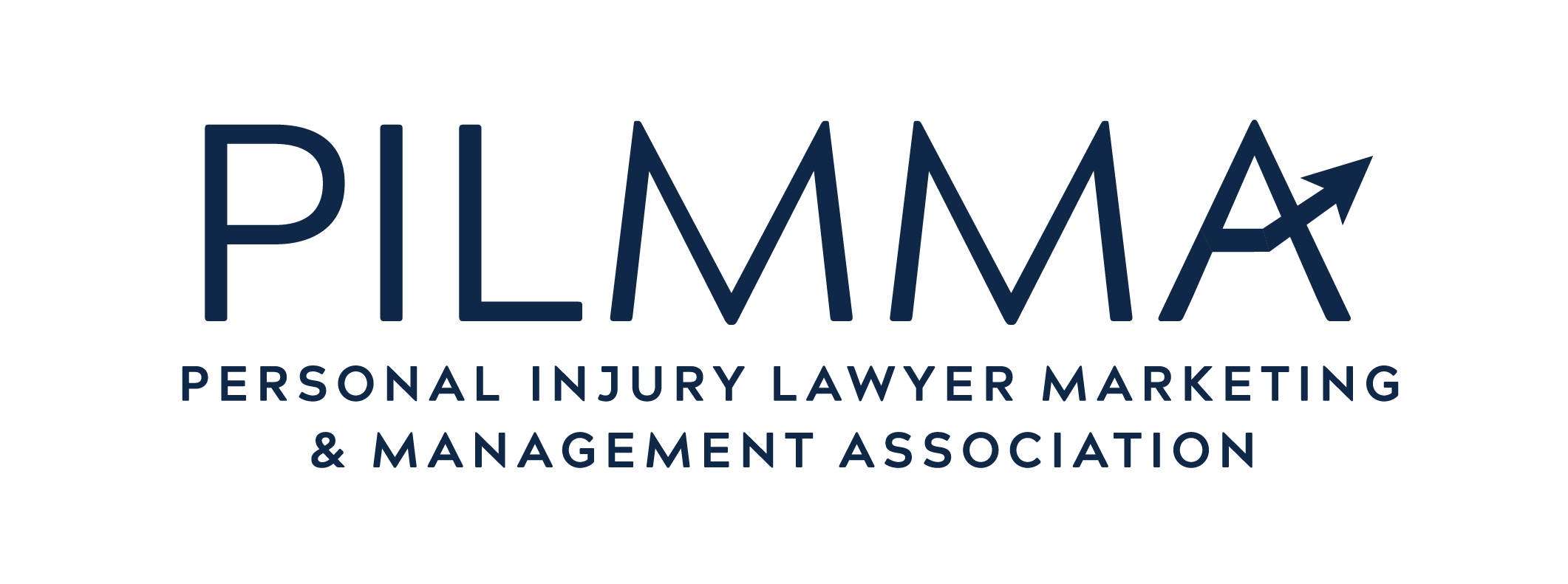The legal profession is experiencing a shift as artificial intelligence (AI) becomes integrated into everyday processes. From conducting legal research to drafting legal briefs, AI enables attorneys to handle legal tasks with greater accuracy and efficiency. This allows legal professionals to focus on strategy, client advocacy, and impactful litigation.
AI tools, such as generative AI platforms, are proving valuable for drafting legal documents, analyzing case trends, and supporting decision-making. With proper training, these technologies can help law firms improve their workflows and deliver more reliable legal services, making AI education a priority for modern lawyers.
How AI Enhances Legal Work
AI’s application in the legal field is helping lawyers address routine and complex tasks. Tools using machine learning and predictive analytics are transforming how work is done in key areas:
- Efficient Legal Research
AI platforms like Westlaw Edge and Lexis+ process large volumes of legal information, delivering precise and relevant results. These tools help lawyers identify key precedents and statutes quickly, enabling them to build stronger cases in less time. - Simplified Document Drafting
Drafting legal documents, contracts, and legal briefs is fundamental but time-intensive. Tools such as Luminance and Law Practice AI use generative AI tools to check compliance, suggest language, and reduce errors. This ensures documents meet legal standards while letting lawyers focus on substantive work. - Predicting Case Outcomes
Platforms like Lex Machina analyze historical data to help attorneys anticipate potential legal outcomes. These insights guide strategy development, ensuring lawyers are well-prepared for litigation or negotiation. - Automating Routine Tasks
Repetitive administrative tasks, such as document organization and compliance monitoring, are automated with AI. By handling these processes, lawyers have more time to focus on legal representation and client interactions.
Why AI Education Matters for Law Firms
For law firms, keeping pace with advancements in the legal industry requires investing in AI education. Training ensures lawyers understand how to use AI tools effectively and responsibly.
Benefits of AI Education:
- Informed Decision-Making: AI-driven insights help attorneys analyze data and make thoughtful, evidence-based choices.
- Improved Client Service: Lawyers can dedicate more time to complex cases and client communication by automating repetitive tasks.
- Ethical Awareness: Education ensures lawyers address ethical concerns, such as algorithmic bias and data privacy, when implementing AI tools.
Proper training allows lawyers to integrate tools like Law Practice AI for demand letters and Thomson Reuters platforms for research seamlessly into their practice.
The Role of AI in Legal Research and Demand Letters
AI is particularly impactful in legal research and drafting. These tasks require precision, and AI tools help lawyers achieve this without compromising quality.
AI in Legal Research
- Conduct Legal Research: Tools like ROSS Intelligence provide answers to legal queries using natural language processing, saving time and ensuring accuracy.
- Predictive Analytics: By analyzing trends in legal outcomes, AI tools help attorneys anticipate challenges and prepare robust arguments.
- Legal Information Management: AI ensures lawyers access only the most relevant cases and statutes for their work.
AI in Demand Letters
Demand letters are a key communication tool in law, and platforms like Law Practice AI assist in drafting professional, structured, and precise letters. These tools ensure the letters are persuasive and clear while saving lawyers time.
Addressing Ethical Concerns in AI Use
TThe use of AI in the legal system brings valuable opportunities but also raises important ethical concerns that firms must address:
- Bias in Algorithms
AI tools can unintentionally reflect biases present in their training data, which is especially concerning in sentencing decisions or alternative sanctions in the criminal justice system. - Data Security and Privacy
Protecting sensitive client data is essential. AI tools must comply with strict regulations to ensure confidentiality and prevent breaches. - Accountability
Determining responsibility for errors in AI-assisted work requires clear policies to ensure legal experts retain control over outcomes.
By addressing these concerns proactively, firms can use AI responsibly while maintaining trust and fairness in their practice.
The Future of AI in Legal Services
AI is becoming a cornerstone of how law firms provide legal services. From drafting demand letters with Law Practice AI to analyzing trends with predictive analytics, AI tools are changing how lawyers work. To make the most of these advancements, lawyers must not only understand how to use AI but also recognize its limitations.
With AI, lawyers can:
- Focus on complex legal problems while automating repetitive tasks.
- Deliver better results for clients by leveraging data-driven insights.
- Navigate ethical challenges and maintain the integrity of the legal system.
Organizations like Legal Soft support law firms in adopting AI solutions responsibly, helping them adapt to a changing legal landscape.
Preparing Lawyers for the Future with AI
AI offers lawyers tools to work more efficiently and focus on meaningful tasks like advocacy and client relationships. From legal research to drafting legal demand letters, AI has practical applications that save time and improve reliability.
Law firms that invest in AI education and tools like Legal Soft and Law Practice AI position themselves for success in a changing legal landscape. By combining technology with legal expertise, attorneys can meet the evolving needs of their clients while upholding the values of the profession.

